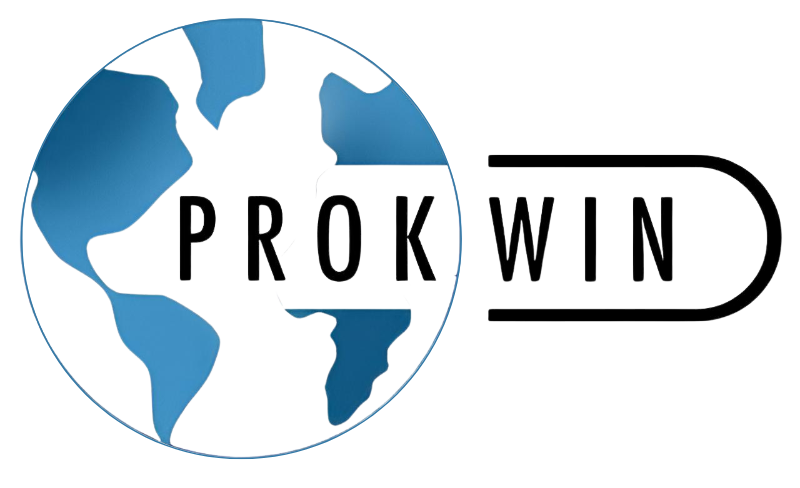Overcoming Hurdles
The UAE’s oil and gas sector, while a cornerstone of its economy, is under increasing pressure to align with the nation’s sustainability goals. This necessitates a fundamental shift in procurement practices. However, integrating sustainability into the complex and often conservative oil and gas supply chain presents unique challenges.
Key Challenges in Sustainable Procurement for Oil and Gas
- Defining Sustainability Metrics: Unlike other industries, establishing clear and quantifiable sustainability metrics for oil and gas products and services is complex. For instance, measuring the carbon footprint of a drilling rig or the environmental impact of specific chemicals is challenging.
- Supplier Engagement and Collaboration: Convincing suppliers, particularly those in the traditional oil and gas value chain, to adopt sustainable practices can be difficult. Building trust and fostering collaboration is essential to drive change.
- Trade-offs Between Cost and Sustainability: Often, sustainable alternatives are perceived as more expensive. Balancing cost optimization with environmental responsibility is a delicate act.
- Technology Adoption: Implementing sustainable technologies and digital solutions can require significant investments and changes to existing procurement processes.
- Regulatory and Policy Framework: Navigating the evolving regulatory landscape for sustainability can be complex, and inconsistencies between local, national, and international standards can create challenges.
- Talent and Expertise: Developing a procurement team with the necessary skills and knowledge to drive sustainable initiatives can be time-consuming and resource-intensive.
Overcoming these challenges requires a strategic approach, strong leadership, and a long-term commitment to sustainability. By addressing these issues head-on, oil and gas companies can not only contribute to the UAE’s sustainability goals but also enhance their reputation and resilience.

No responses yet